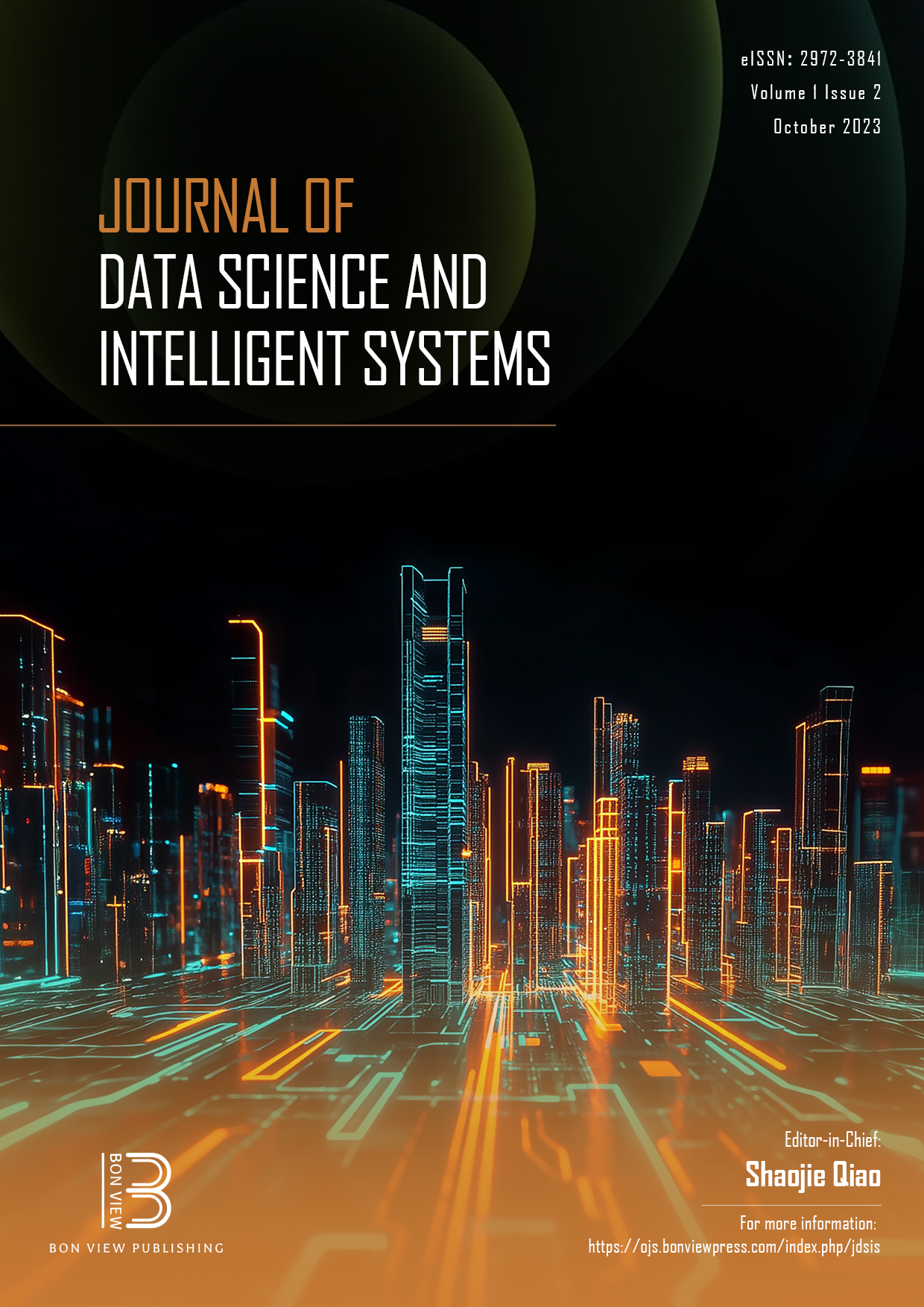Comparative Assessment of Colon Cancer Classification Using Diverse Deep Learning Approaches
DOI:
https://doi.org/10.47852/bonviewJDSIS32021193Keywords:
convolutional neural network (CNN), recurrent neural network (RNN), transfer learning, AlexNet, GoogLeNetAbstract
Colon cancer is a general form of avoidable cancer, which is also widely spread across the globe. It is also a leading cancer and considered as big killer among all kinds of cancers. In recent times, significant advances are developed in treatment field of this frequently causing disease. In this research several deep learning techniques namely convolutional neural network (CNN), recurrent neural network (RNN), transfer learning, AlexNet and GoogLeNet are compared for colon cancer classification. Pre-processing is conducted utilizing median filter for removing noises from an input colon cancer image. The filtered image is then segmented using SegNet, which is utilized to segment the affected portions. Finally, classification of colon cancer is conducted employing various deep learning approaches like CNN, RNN, transfer learning, AlexNet and GoogLeNet. The comparative assessment showed GoogLeNet as the best classifier for colon cancer classification with maximal values of accuracy as 94.165, sensitivity as 97.589 and specificity as 87.359 respectively for 60% training data.
Received: 9 June 2023 | Revised: 13 July 2023 | Accepted: 18 July 2023
Conflicts of Interest
The authors declare that they have no conflicts of interest to this work.
Downloads
Published
Issue
Section
License
Copyright (c) 2023 Authors

This work is licensed under a Creative Commons Attribution 4.0 International License.


